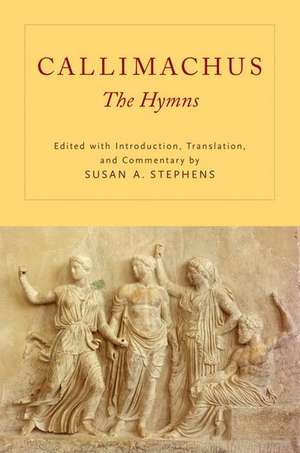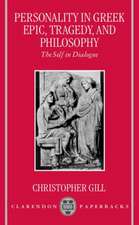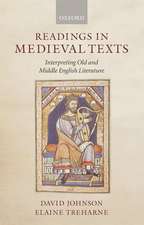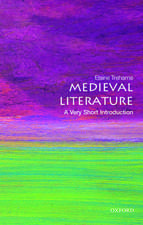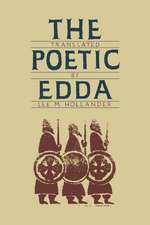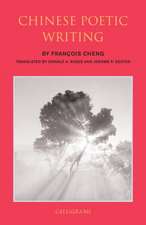Callimachus: The Hymns
Editat de Susan A. Stephensen Limba Engleză Paperback – 21 mai 2015
| Toate formatele și edițiile | Preț | Express |
|---|---|---|
| Paperback (1) | 257.22 lei 31-37 zile | |
| Oxford University Press – 21 mai 2015 | 257.22 lei 31-37 zile | |
| Hardback (1) | 821.10 lei 31-37 zile | |
| Oxford University Press – 21 mai 2015 | 821.10 lei 31-37 zile |
Preț: 257.22 lei
Nou
Puncte Express: 386
Preț estimativ în valută:
49.22€ • 51.52$ • 40.97£
49.22€ • 51.52$ • 40.97£
Carte tipărită la comandă
Livrare economică 19-25 martie
Preluare comenzi: 021 569.72.76
Specificații
ISBN-13: 9780199783045
ISBN-10: 0199783047
Pagini: 344
Ilustrații: 12 maps and illustrations
Dimensiuni: 155 x 234 x 25 mm
Greutate: 0.44 kg
Editura: Oxford University Press
Colecția OUP USA
Locul publicării:New York, United States
ISBN-10: 0199783047
Pagini: 344
Ilustrații: 12 maps and illustrations
Dimensiuni: 155 x 234 x 25 mm
Greutate: 0.44 kg
Editura: Oxford University Press
Colecția OUP USA
Locul publicării:New York, United States
Recenzii
[Stephens] has now given us a welcome ... entry into a relatively unfamiliar part of the Parnassian grove occupied by Callimachus.
this volume provides a needed and accessible edition of the collection. Stephens's scholarship and sensitivity to Callimachus's poetry suffuse every page. Invaluable for those interested in Hellenistic poetry; important for students of mythology, history of religion, and Greek literature ... Highly recommended
this volume provides a needed and accessible edition of the collection. Stephens's scholarship and sensitivity to Callimachus's poetry suffuse every page. Invaluable for those interested in Hellenistic poetry; important for students of mythology, history of religion, and Greek literature ... Highly recommended
Notă biografică
Susan A. Stephens is Sara Hart Kimball Professor in the Humanities and Professor of Classics at Stanford University.
